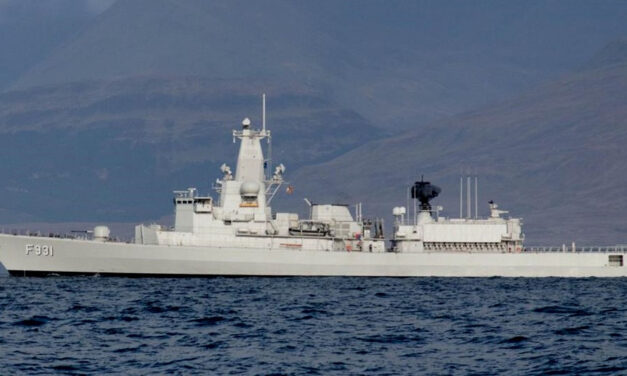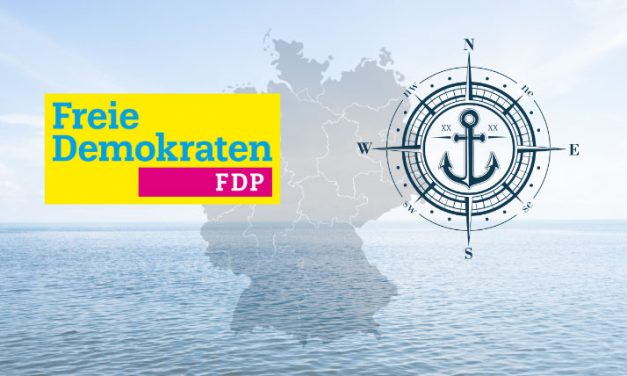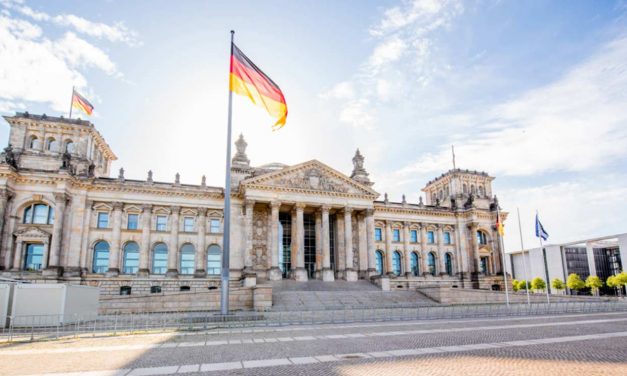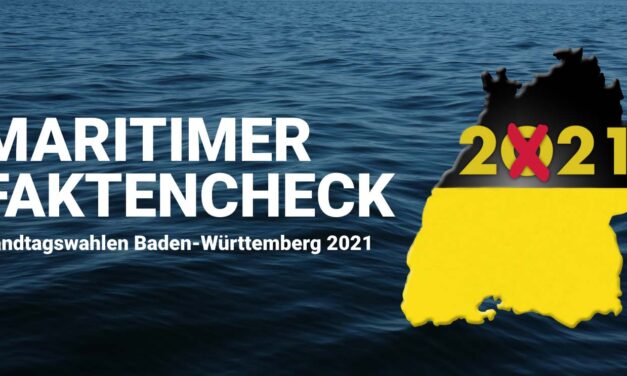ASPIDES: Participation of Belgian frigate delayed
The integration of the Belgian frigate "Louise-Marie" (F931) into the European naval operation EUNAVFOR ASPIDES to protect shipping against attacks by Houthi militias in the Red Sea will have to wait. According to a statement from the Brussels Ministry of Defence on 12 April 2024, the frigate will now remain in the Mediterranean for training purposes and will postpone its passage of the Suez Canal scheduled for that day until technical faults have been rectified. The frigate of the former Dutch M-class left Zeebrugge on 10 March for a deployment in the Red Sea lasting several months. While the official statement does not go into the causes, the error is said to have occurred during a test firing of the RIM-7 Sea Sparrow surface-to-air missile system,...
Read More





Recent Comments